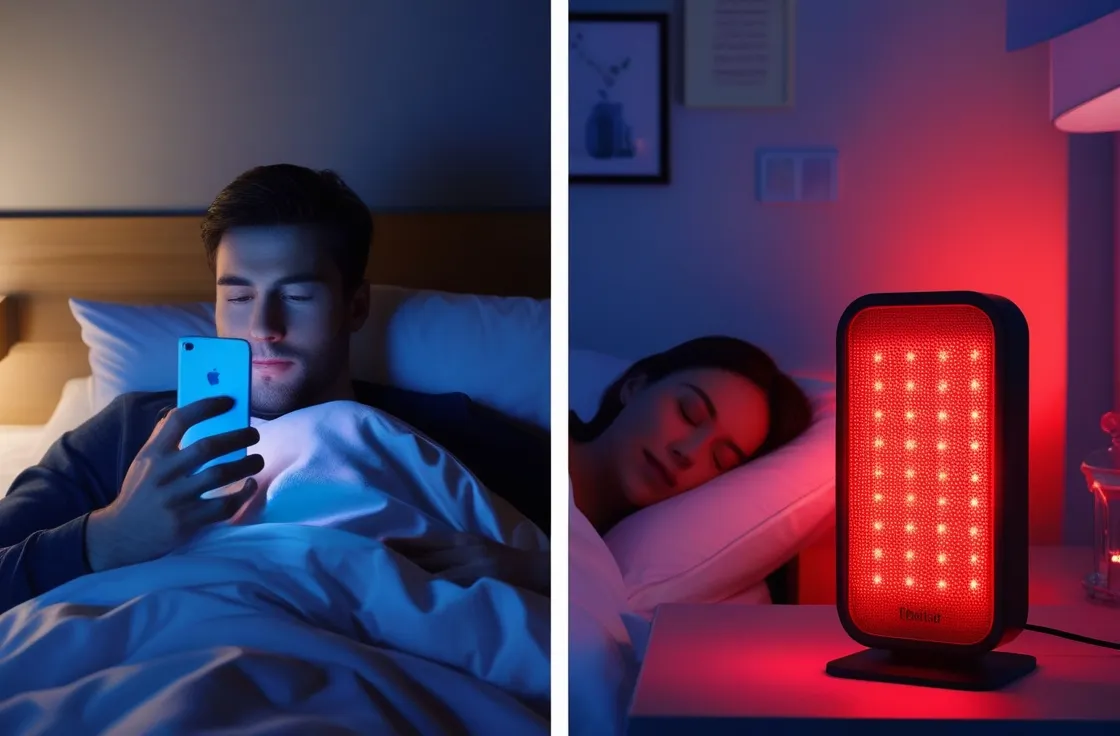Enhancing Sleep Quality: Supplements and Biohacks for Better Sleep
Struggling with sleep? You're not alone. Sleep is essential for our overall health and well-being, but many of us deal with insomnia and other sleep issues. Let's dive into some effective supplements and biohacks that can help you get better sleep.
What is Insomnia?
First off, let's talk about insomnia. It's a common sleep disorder that makes it tough to fall asleep, stay asleep, or both. There are many reasons you might have insomnia – stress, anxiety, medical conditions, or even poor sleep habits. If you're feeling tired, having trouble concentrating, or just generally grumpy, insomnia might be to blame.
Top Supplements for Better Sleep
Now, let's get into some supplements that might help you catch those Zs.
Magnesium (Glycinate)
Magnesium is a powerhouse for brain function and heart health. Magnesium glycinate, in particular, is easily absorbed and can help relax your mind and body. The sweet spot is between 225-729 mg daily. Just don't go over 350 mg per day unless your doctor says it's okay.
Glycine
Glycine is an amino acid that helps improve sleep by lowering your body temperature. Take about 3 grams before bedtime. It's safe and also found in foods like meat, eggs, and spinach.
Cannabidiol (CBD)
CBD, derived from hemp, can help relieve anxiety and promote sleep. Make sure you choose high-quality CBD products and check with your healthcare provider before starting. It's generally safe, but we need more research on its long-term effects.
Ashwagandha
Ashwagandha is a powerful adaptogen that helps your body manage stress. It can also improve sleep quality by calming your nervous system. Typically, 300-500 mg of ashwagandha extract taken daily can be beneficial.
Rhodiola Rosea (Rosenrot)
Rhodiola Rosea, also known as Rosenrot, is another adaptogen known for reducing fatigue and stress. It can improve sleep by balancing your body's stress response. A common dose is 200-600 mg per day.
Melatonin
You've probably heard of melatonin. It's a hormone that regulates our sleep-wake cycles. Taking melatonin supplements can help improve your sleep, especially if your schedule is all over the place. But there is a backside....
Effective Biohacks for Improving Sleep Quality
Supplements are great, but let's not forget about these effective biohacks for better sleep.

Red Light Therapy
Have you tried red light therapy? It helps reduce melatonin-inhibiting hormones, signaling to your body that it's time to sleep. Use a red light device for a few minutes before bed.
Avoiding Blue Light Before Bedtime
Blue light from screens can mess with your melatonin levels. Try using screen filters, wearing blue light-blocking glasses, and avoiding screens at least an hour before bedtime.
Establishing a Sleep Routine
A consistent sleep schedule is key. Go to bed and wake up at the same time every day, even on weekends. Create a pre-sleep routine to wind down and signal to your body that it's time to sleep.
Sleep Music and White Noise
Listening to calming music or white noise can help you relax and fall asleep faster. Experiment with classical music, nature sounds, or white noise machines to see what works best for you.
Creating a Sleep-Inducing Environment
Your bedroom should be a sleep sanctuary. Keep it cool, dark, and quiet. Invest in a comfortable mattress and pillows, and eliminate distractions like electronic devices.
Relaxation Techniques
Incorporate relaxation techniques such as meditation, deep breathing, and progressive muscle relaxation into your pre-sleep routine. These can help calm your mind and prepare your body for sleep.
A Walk in Nature Before Bedtime
Don't underestimate the power of a walk in nature. It can help reduce stress and improve your sleep quality. The fresh air and natural surroundings can work wonders for your relaxation.
Conclusion
Improving your sleep quality can have a huge impact on your overall health and well-being. By incorporating these supplements and biohacks into your routine, you can enhance your sleep and wake up feeling refreshed and energized.
What routines or supplements will you get going with?
